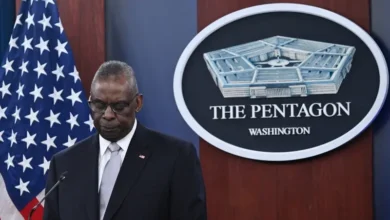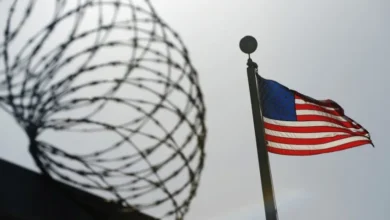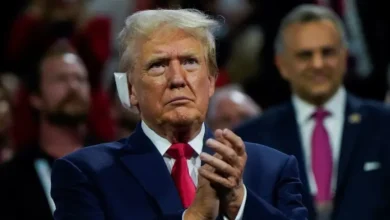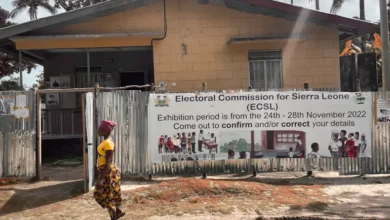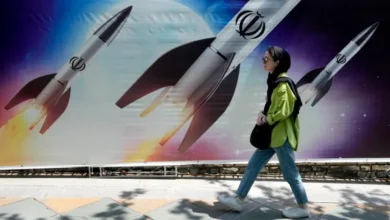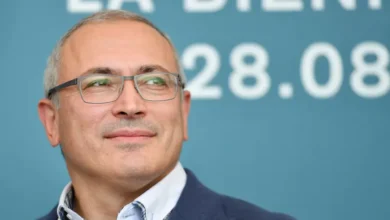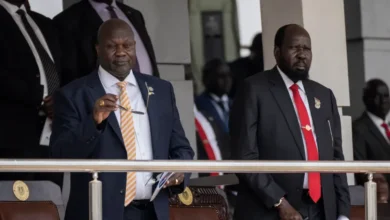General Igor Kirillov killed in Moscow bomb blast
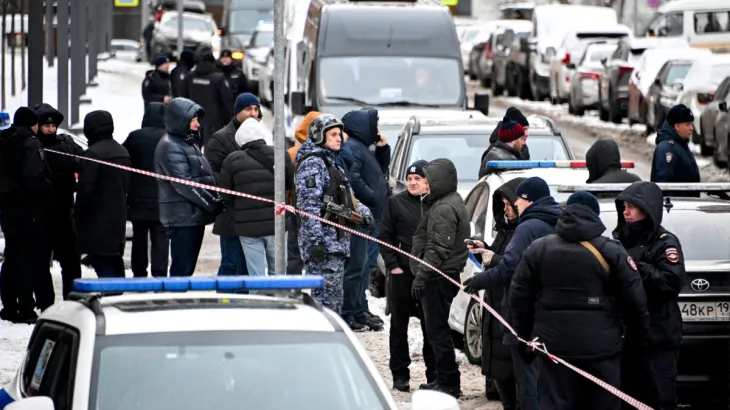
- A top general in charge of Russian nuclear protection forces has been killed along with an aide by a bomb hidden in an electric scooter in Moscow, according to Russia’s investigative committee.
- A source in the Security Service of Ukraine says the agency claims responsibility for the killing of Lieutenant General Igor Kirillov. Ukraine has yet to officially comment.
Zelenskyy says Russia ‘trying to conceal’ North Korean losses
Ukrainian President Volodymyr Zelenskyy says in a post on X that “initial reports suggest that Russia is trying to conceal the losses of North Korean personnel”.
Zelenskyy made the comment after military intelligence officials said Ukrainian troops had killed or wounded at least 30 North Korean soldiers. He said the Russians tried to “erase any video evidence” of the soldiers’ presence and “literally burn the faces of North Korean soldiers killed in battle”.
“There is not a single reason for North Koreans to fight and die for Putin,” Zelenskyy wrote. “And even after they do, Russia has only humiliation for them.”
More about new legislation passed in Russia
As we reported earlier, Russia’s parliament has voted in favour of a bill to restrict how those designated as “foreign agents” can access money earned in Russia.
We now have some comments by Speaker Vyacheslav Volodin.
“A foreign agent will be able to use these funds only after the status of foreign agent has been removed,” he said in a post on Telegram, referring to something that is seen as almost impossible.
“Those who betray our country will not enrich themselves at the expense of its citizens,” Volodin added. “Funds earned in Russia must not be used against it.”
Russian lawmakers approve transfer of ‘foreign agents’ funds to special accounts
The approved legislation aims to further stiffen the rules governing the income received by those deemed “foreign agents” to include almost all forms of property.
Russian law requires any person or organisation receiving support from outside Russia or who is under foreign influence to register as a “foreign agent”, a label that has negative Soviet-era connotations and brings onerous bureaucratic requirements.
Authorities say the law is less strict than the 1938 US Foreign Agents Registration Act, though it has been applied to almost all of the leaders of the divided opposition and is considered by some dissidents to be a badge of honour.
Initially, the proposal was to force all “foreign agents” to use special rouble accounts for earnings from intellectual activity – including any brands, works of science, literature and art, performances, broadcasting, inventions and trademarks. But lawmakers went even further with the new legislation, requiring all “foreign agents” to transfer all income from the sale of property, vehicles, any income from renting them out, interest on deposits and dividends to the accounts too.
Supporters of President Vladimir Putin say the “foreign agent” law is necessary to counter Western attempts to meddle in Russia’s domestic affairs, amid what the Kremlin casts as a proxy war in Ukraine between Russia and the West.
Opponents of Putin say the law is part of an intricate system of repression that has turned Russia into a brittle authoritarian state, stifling legendary Russian artistic and scientific creativity.


